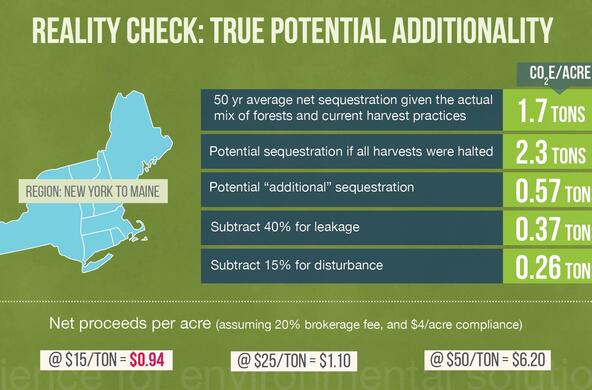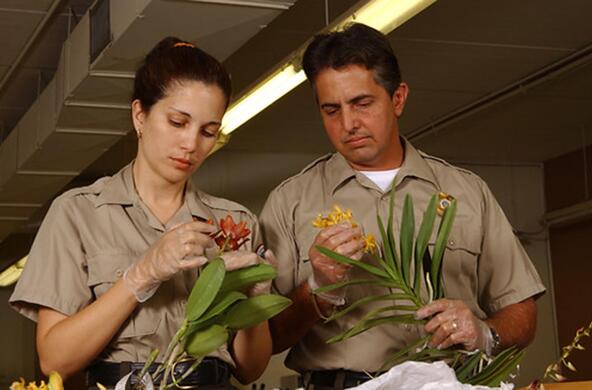Nearly every day, we read about problems caused by invaders like the emerald ash borer killing trees across New York, West Nile virus killing people across the United State (1,499 so far), zebra mussels clogging water intakes and changing the Great Lakes and Hudson River ecosystems and Burmese pythons eating everything in the Everglades. If you’re like us, you are upset by the billions of dollars in economic costs, thousands of human deaths, and deep and irreversible ecological damage that these species cause. But what can any of us do to solve the problems caused by invasive species? Here are a few suggestions.
Don’t add to the problem by releasing potentially harmful new invaders into the wild. Don’t buy exotic new plants for your garden, unless they are already widely planted in your region or have been shown to be harmless. Many of our most problematic invaders started out as “desirable” garden plants, or as insects or diseases hitchhiking on those plants.
Likewise, don’t release pets into the wild or dump your aquarium or bait bucket. Every year, thousands of unwanted pets are dumped into the wild. Besides being cruel to the pets, some of them (like the Burmese pythons in the Everglades and the snakeheads that turned up in Orange County) end up creating big problems.
And don’t try to smuggle fresh produce, live plants, or cute pets past the customs officials into the U.S. Some of these smuggled items, or the diseases that they carry, get into the wild and cost us big bucks.
Don’t move dirty stuff into clean environments. For example, moving insect-infested firewood (most firewood is insect-infested) or boat trailers festooned with aquatic plants into regions not infested with pests are good ways to speed the spread of problematic invaders. Don’t move firewood, and always clean your boat and trailer before launching them into a new lake or river. And use common sense about other practices that may move items contaminated with invaders from place to place.
Here are a few things that you needn’t worry about. You don’t need to go out and kill all of the non-native species in your yard, if they are harmless or already widely distributed in the region. It’s OK to plant non-native species that are already well-established in the region. Even though invaders like oriental bittersweet and Japanese barberry cause problems, they are so widely spread through the Hudson Valley that one or two more or less in your yard won’t make any difference in the bigger picture. You don’t need to bother with weed pulls intended to rid the world of well-established species. However, you could help with campaigns that have specific, attainable goals, like removing an aggressive plant from a sensitive nature preserve, or pulling water chestnuts from a bay to allow boat access.
But we are not going to solve the invasive species problem with just these individual actions. Too many harmful species are coming into the country through pathways like ballast water and the pet and horticulture trades, which are not easily controlled by our individual actions. We need collective action to adopt and enforce laws and regulations.
You can help spur these collective actions by writing to your elected representatives or to advocacy groups that are concerned with protecting the environment. Tell them you’re concerned about our inadequate responses to the challenges of invasive species, or express your opinions about specific proposals for new laws or regulations. If you don’t know what laws or regulations are being discussed, visit the website of the National Environmental Coalition on Invasive Species at www.necis.net, which keeps track of important news about invasive species.
Your letters can serve as an important counterweight to powerful industry forces that are looking out for their own narrow interests at our expense. Even if you don’t know about specific legislation, your expressions of concern can at least get your elected official to start thinking about (or maybe even fixing) this problem. You can help solve this important environmental problem.





